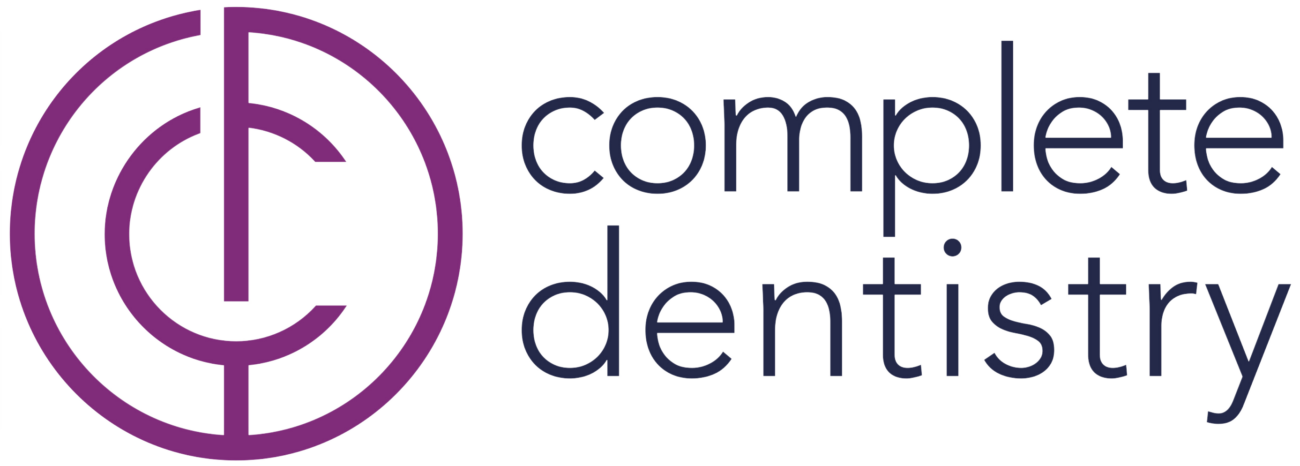Taking care of your teeth at home and seeing your dentist twice a year keeps your mouth healthy. Brushing and flossing regularly is called preventive dental care because it helps you avoid future dental problems. As your local Lexington, KY, dental office, we want to help you maintain your smile and make sure that you’re caring for your smile at home.

Oral Hygiene FAQs From Your Lexington, KY Dentist
Learn about how to care for your smile at home and discover more about professional dental cleanings with answers to these common questions:
Should I use a manual or electric toothbrush?
Keeping your teeth clean is what matters most, whether you use a manual or electric toothbrush. Both can do a great job when used properly, but they work in different ways.
With a regular manual toothbrush, you’ll need to use small circular motions to effectively clean all surfaces of your teeth. This technique helps remove plaque along the gumline and between teeth. It takes a bit more effort, but many people prefer the control of a manual brush.
Electric toothbrushes do some of the work for you. The brush head rotates or vibrates automatically, so you just need to guide it along your teeth without scrubbing. This makes them especially helpful for people who have trouble with hand movements, like those with arthritis. Many electric brushes also come with timers to help you brush for the full recommended two minutes.
Dentists often say the best toothbrush is the one you’ll use consistently and correctly. Electric brushes can be more convenient, but a manual brush works perfectly fine if you use the right technique. Some people even use both, and have separate ones for home and travel.
No matter which type you choose, remember to replace your toothbrush (or brush head) every 3-4 months, or sooner if the bristles look worn out. Your dentist can help you decide which option might work best for your specific dental needs.
Why do dentists use a scaler?
You’ve probably noticed your dentist or hygienist using a small metal tool during your cleaning. That’s called a scaler. Scalers are specially designed to scrape away tartar (calculus) that builds up on your teeth.
Even if you brush and floss perfectly, some plaque hardens into tartar over time. Unlike soft plaque, you can’t remove this hard buildup with regular brushing. That’s where the scaler comes in.
By carefully removing this tartar:
- Your gums stay healthier (preventing gum disease)
- Your teeth are protected from decay
- Your mouth feels fresher and cleaner
- Future plaque buildup is easier to prevent
The hygienist uses different shaped scalers to reach all surfaces of your teeth, including those tricky spots below the gumline. While it might feel a little uncomfortable at times, removing tartar is crucial for keeping your smile healthy between visits.
Fun fact, the scraping sound you hear is completely normal. It just means the tool is doing its job removing those hardened deposits. Regular cleanings with scaling help prevent more serious, and expensive, dental problems.
What ingredients should you avoid with mouthwash?
When picking out a mouthwash, check the label just like you would with food. Some ingredients can cause problems like dry mouth, irritation, or even allergic reactions. Here’s what to watch out for:
- Alcohol: Dries out your mouth and can cause irritation
- Artificial Sweeteners (like Saccharin): May cause digestive issues for some people
- Parabens: Preservatives that could disrupt your hormones
- Cocamidopropyl Betaine: A foaming agent that might trigger allergies
- Chlorhexidine: Can stain teeth with long-term use
Alcohol is especially problematic because it removes moisture from your mouth. A dry mouth can actually lead to more cavities since saliva helps protect your teeth. The other ingredients might cause tingling, redness, or discomfort for people with sensitive mouths.
Choose better alternatives instead, like mouthwashes with:
- Natural antibacterial ingredients like xylitol
- Fluoride for cavity protection
- Aloe vera or coconut oil to soothe gums
- Essential oils (like peppermint or tea tree) for fresh breath
Remember, if a mouthwash burns when you use it, that doesn’t mean it’s working better. It might mean it’s too harsh for your mouth.
Why do I need dental cleanings twice a year?
Professional dental cleanings are a part of preventative dental care. With routine cleanings and examinations, we keep track of our patient’s oral health and any emerging dental problems. Hygienists can also treat problems like tartar and reach areas of your mouth that you can’t reach when you’re cleaning your teeth and gums at home.
Why is flossing important?
Although many people don’t floss daily, flossing is an important part of a good oral hygiene routine. Flossing before you brush your teeth removes hidden food particles between them. Sugars and starches attract harmful bacteria, which feed on food particles and irritate the gum tissue and tooth enamel. Over time, plaque and tartar can form on the teeth and gums, causing tooth decay and gum disease.
Flossing can prevent common signs of gingivitis too. Patients who don’t floss often will experience bleeding gums when they brush their teeth.
Call Dr. Morgan Chambers at 859-251-3809 when you’re ready for your next dental exam. You can also request an appointment online. If you have any questions, please call our office and we will be happy to help.
